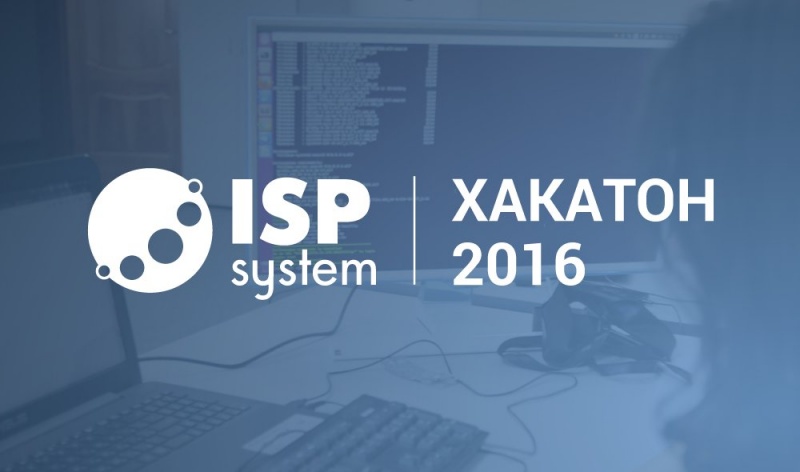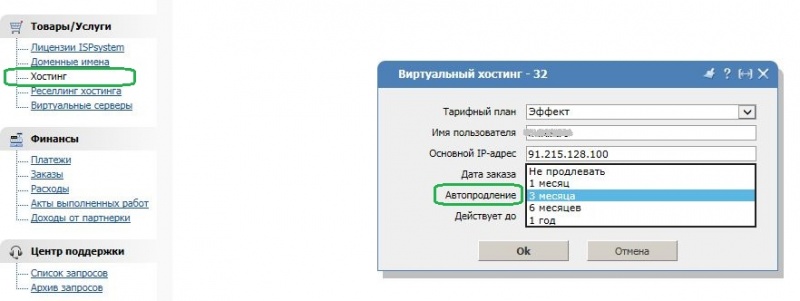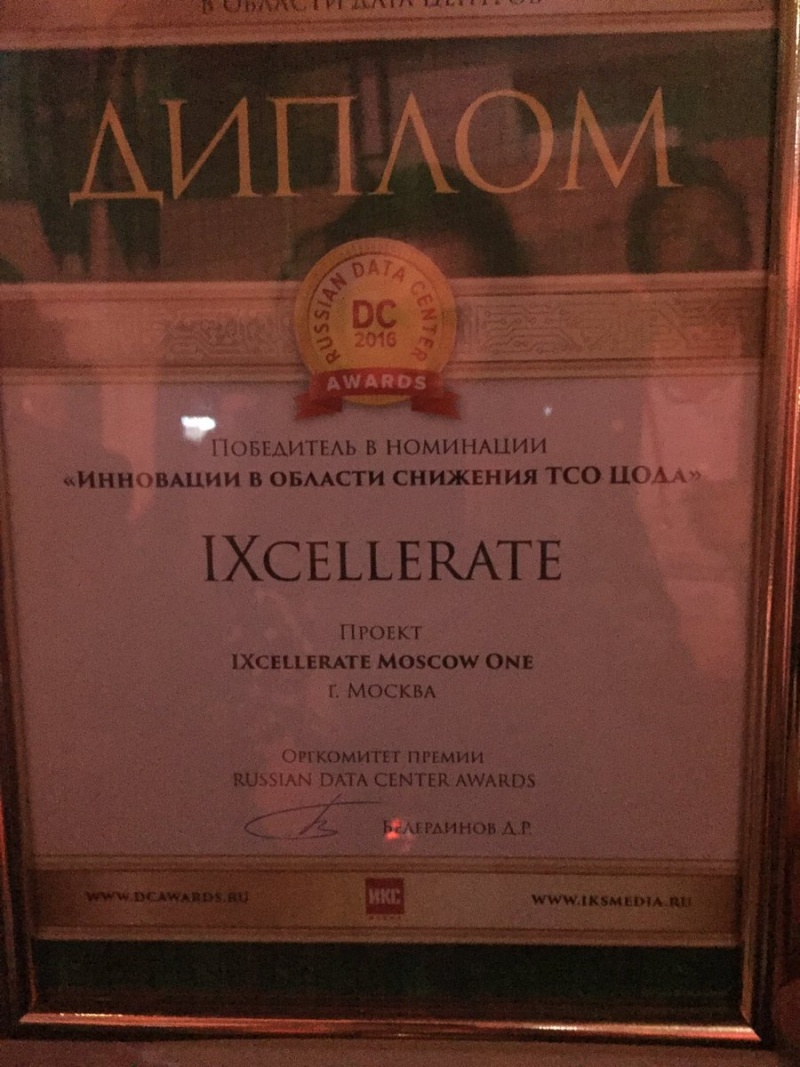Все акции сентября + новый домен .GAMES!


21 сентября стартует регистрация в новой доменной зоне .GAMES.
Специальный домен для мощной и стремительно развивающейся индустрии игр обещает стать отличным решением для всех, кто имеет к ней отношение.
.Games ДЛЯ:
- разработчиков игр,
- дистрибьюторов,
- гейм-девелоперов,
- участников и фанатов,
- производителей и продавцов игрушек для детей,
- организаторов игровых мероприятий,
- блогеров и журналистов.
Квесты, компьютерные, виртуальные, интерактивные, интеллектуальные, спортивные, настольные, детские и взрослые .GAMES! Все игры в одном домене!
http://www.webnames.ru/news/novie_GAMES_igrajte_i_viigrivajte

С 1 сентября стартовала масштабная распродажа доменов! Четкие и конкретные домены .bid, .trade, .party, .webcam, .science, .cricket, .date, .faith, .review, .win, .loan, .accountant, .download, .racing помогут обозначить уникальность вашего проекта. Разместите свой сайт в соответствующей доменной зоне всего за 159 рублей!
https://www.webnames.ru/news/bolshaya_rasprodazha_skidki_do_90%252525


Webnames.ru запускает акцию, обеспечивающую десятикратное падение цены на стильный и актуальный домен .MEN. С 1 сентября его цена составляет всего 220 рублей. Напомним, что доменная зона .MEN нацелена на широкий круг проектов, ориентированных на мужскую аудиторию. Производители и продавцы продукции для мужчин, форумы, салоны красоты, парикмахерские, магазины одежды и обуви, спор&sh! y; тивные сообщества и т.д.
www.webnames.ru/news/3107





